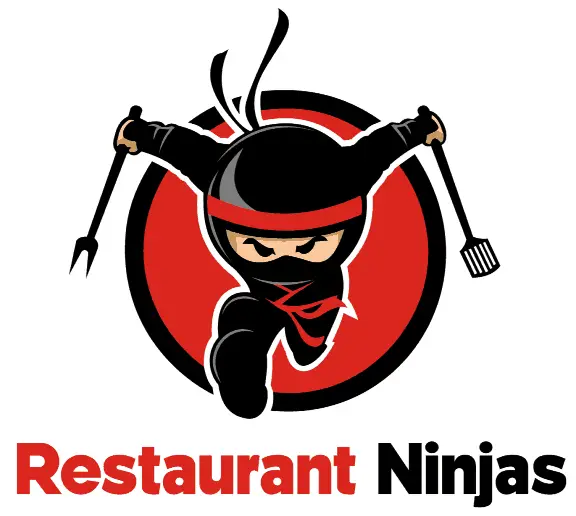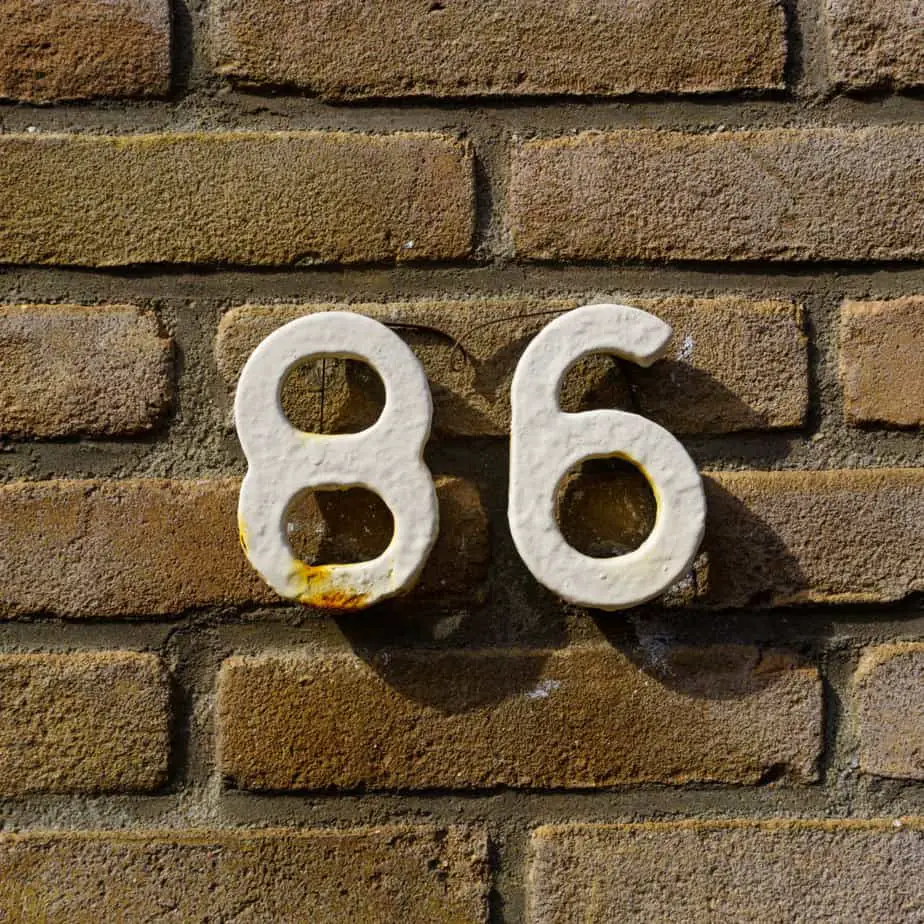I always thought the use of the term “86” was an odd choice for restaurants to use. The first time I heard it used was at my father’s diner in 1989. He bellowed out “86 hollandaise sauce” and every server, cook, and the manager knew that meant not to dare sell Eggs Benedict or they would be risking the wrath of Al (my Dad).
His kitchen temper is the stuff of legend, but that is a story for another day. Admittedly, it is a strange term that I have had friends who are not in the industry ask me about many times.
Why do restaurants say 86? The term “86” is used to indicate that a particular item or product is suddenly out of stock. It is a quick shorthand to spread the news of a menu change mid-shift quickly and efficiently.
Until recently, I never questioned the use of the term, it was just another part of my vocabulary. Not long ago, after explaining to an employee what it meant, she asked me why we bothered to shorthand something as simple as “we are out of” and I stared at her stupidly because frankly, I had no clue.
After talking with the employee, I was curious too. Plus, I hated not having the answer to such a simple question! Read on to learn the history of the term as well as the different ways it is used.
Different Ways the Term “86” is Used in the Service Industry
- The most common use is to note the absence of a product or ingredient (most common use). For example, “86 Prime Rib!”
- To instruct the removal of something. “86 those clams, they are bad”.
- To call out the request that a particular product be left off an item. For example, “That burger is 86 onions!”
- To remove someone from the property. For example, “Jimmy was a bit too rowdy tonight with the bartenders, we had to 86 him”.
- To reject, discard or cancel something. For example, “I 86ed my Netflix subscription to try to save some money”
Where did “86” Come From?
According to the oxford dictionary, the term originated sometime in the 1930s and was used to denote an item as unavailable (as I mentioned above) or that a customer is not to be served. Oxford also theorizes that the origin of the term might have something to do with the fact that it rhymes with the slang word “nix”.
The first documented use was 1944 when it was used as a way to refuse service to John Barrymore, who was a movie star in the 1920s and was infamous for his love of drinking.
One of the more famous etymologies was originated at Chumley’s Bar, which was located in the West Village of owner Manhattan at 86 Bedford Street. I found two different theories as to how this could have originated at Chumley’s.
The first was from a book, The History and Stories of the Best Bars of New York by Jef Klein. In the book, it is claimed that during prohibition a police officer would call the bar before a raid as a courtesy and warn the bartender of said raid and that the police would come through the Pamela court entrance and send the customers out the 86th street door. Hence the term 86!
Another story is that the Chumley’s origin is actually from when they ejected a rude or unruly patron out the door onto 86th street and left them with a clear view of the “86” over the door.
There is a legend that the term 86 is even older than we think and really originated in the old west. According to this story, frontier bars would substitute 86 proof whiskey in for the regular 100 proof whiskey as cowboys started to get rowdy. I am not sure I buy that a 7% drop in alcohol content would make that much of a difference, but this is a cool story nonetheless.
There are some people who believe that the term is actually in reference to a part of legislative code. There are multiple examples of this. In the most prominent, there is a claim that part of the old liquor code defines parameters as too when a customer is to be cut off from service. Naturally, this is article 86 of the code.
This is highly unlikely though since nobody has ever been able to find a physical copy of it! Another rumor is that 86 started off as being related to fire code. As that story goes, establishments were only allowed 85 patrons on the premises at a time, meaning the 86th would be denied entry. Hence, they were 86ed.
It also could have originated in electrical code, specifically as part of AIEE No. 26 in 1928. This part of code talks about device number 86 which describes how to locate a relay that preventatively locks out dangerous electric equipment if it malfunctions until someone can investigate and reset the device. Hence, the device is “86ed” until it is reset.
I personally do not think any of these are true, just urban legends that have been passed down. We will probably never knew with 100% certainty the truth as to the true source of the word. If I had to bet though, I think the story about the police calling the bartender at Chumley’s to “86” the patrons is the actual origin. Regardless, I am sure that 86 will remain in restaurant vocabulary forever!
86 in Pop Culture
While it is used mostly in bars and restaurants, 86 has been used in pop culture for decades. Some of the references are blatant while others are questionable to their relation, but here is a list of some of my favorites
- In Season 2 of “The Duece”, James Franco’s character uses the term when discussing banning his brother from the bar.
- In House of Cards, it is used in reference to squashing a bill that the president is trying to pass.
- Gordon Ramsey uses it repeated in his numerous shows.
- In The Princess Diaries, the main character asks her bodyguard to “86 the flags”.
- Green Day wrote a song title 86 that is in reference to the band being banned from a punk club.
- Jimmy Buffett used the word in his song “Cliches”. The song has a line about 86ing someone from the room.
- In the song “Boogie Woogie Blue Plate” by Louis Jordan, the line “86 on the cherry pies” is used. This is probably the best example that I could find of it being used the way the restaurant community and I use it the most.

